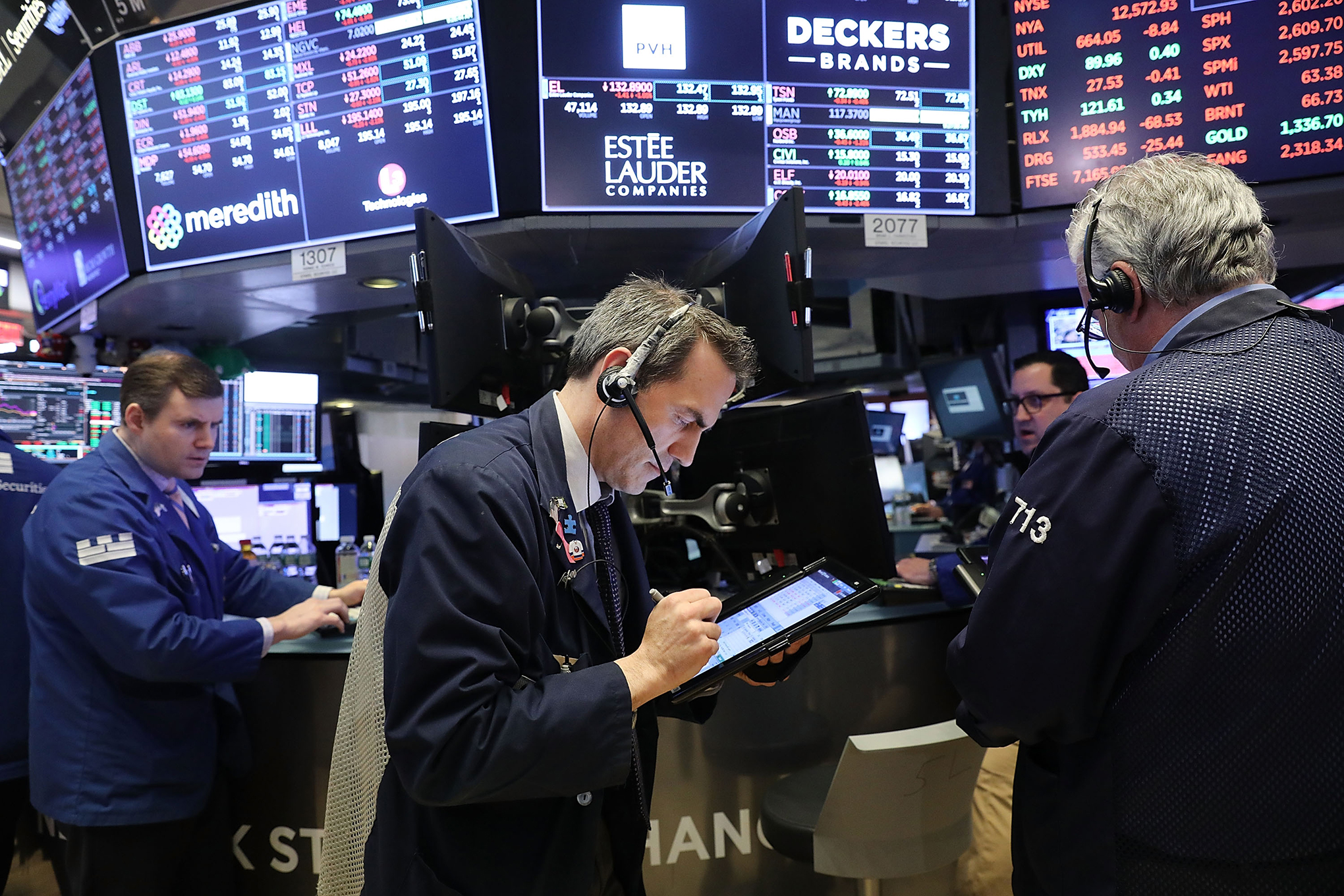
The most important job of the chairman of the Federal Reserve is largely an intangible one: to instill confidence in money, markets and the economy. But as soon as Jerome Powell was sworn in on Feb. 5–indeed, before he was sworn in–confidence collapsed and took the stock market with it. The Dow Jones average plummeted 666 points on Feb. 2 and 1,175 points on Feb. 5–the largest point drop in its history–before stabilizing Feb. 6.
Practical-minded businesspeople may be tempted to dismiss these wild market gyrations the same way they dismiss Trump’s tweets–mere noise that obscures the music. After all, the fundamentals of the economy are good, earnings are strong, inflation and interest rates are low, so why worry?
But there’s probably a signal in there somewhere. Yes, algorithmic trading of volatility-related derivatives had a lot to do with the market’s roller-coaster ride. But so did legitimate uncertainty about the future.
For the past decade, the world has been awash in easy money–the result of an unprecedented experiment in monetary policy. As the flood recedes, rocks will emerge. To quote Warren Buffett, “You only learn who has been swimming naked when the tide goes out.”
There was no great harm done in the recent swoon. Market indexes ended up close to where they had been when the year began. But Powell, and the rest of us, should consider this a warning. There will be rough swimming ahead.
More Must-Reads from TIME
- Cybersecurity Experts Are Sounding the Alarm on DOGE
- Meet the 2025 Women of the Year
- The Harsh Truth About Disability Inclusion
- Why Do More Young Adults Have Cancer?
- Colman Domingo Leads With Radical Love
- How to Get Better at Doing Things Alone
- Michelle Zauner Stares Down the Darkness
Contact us at letters@time.com